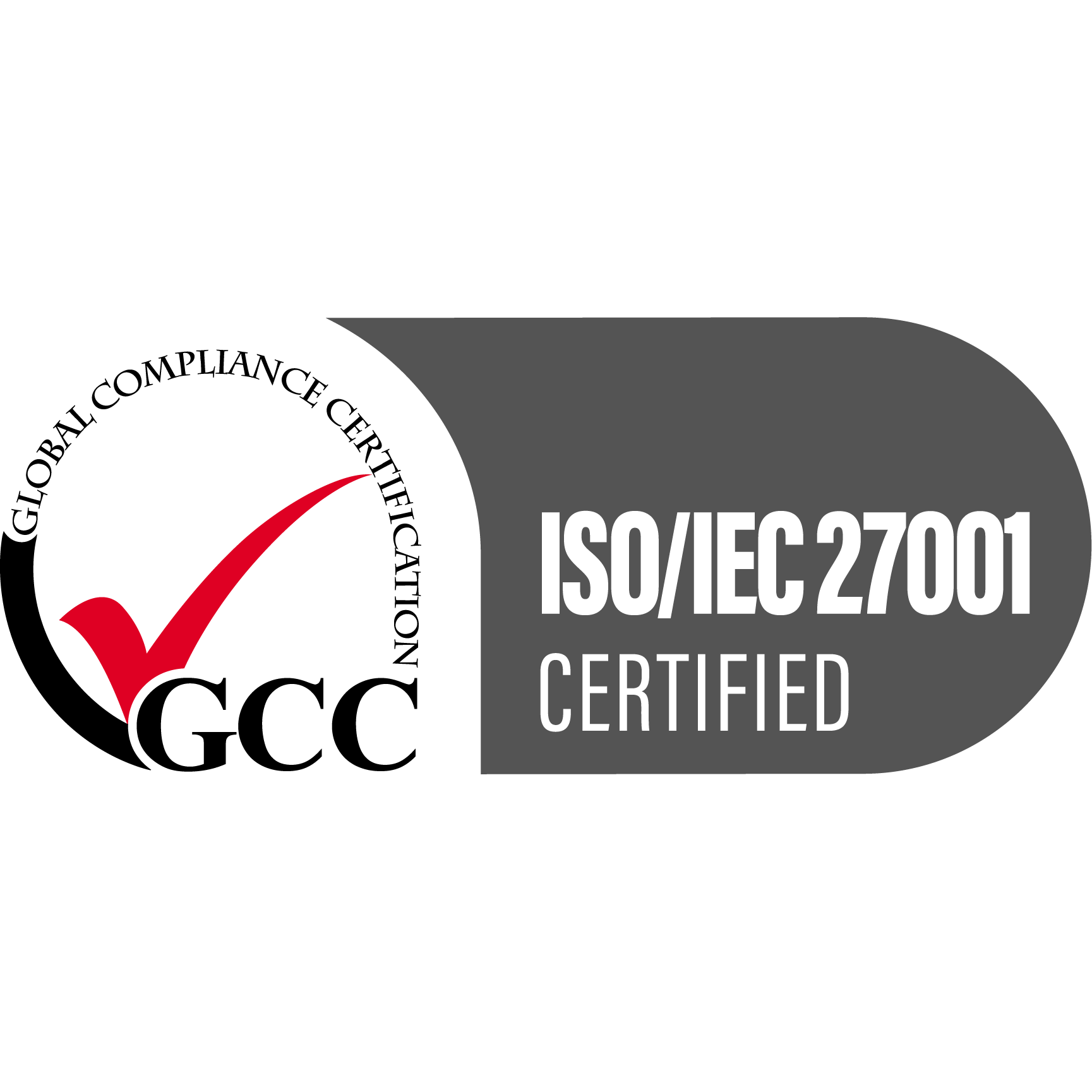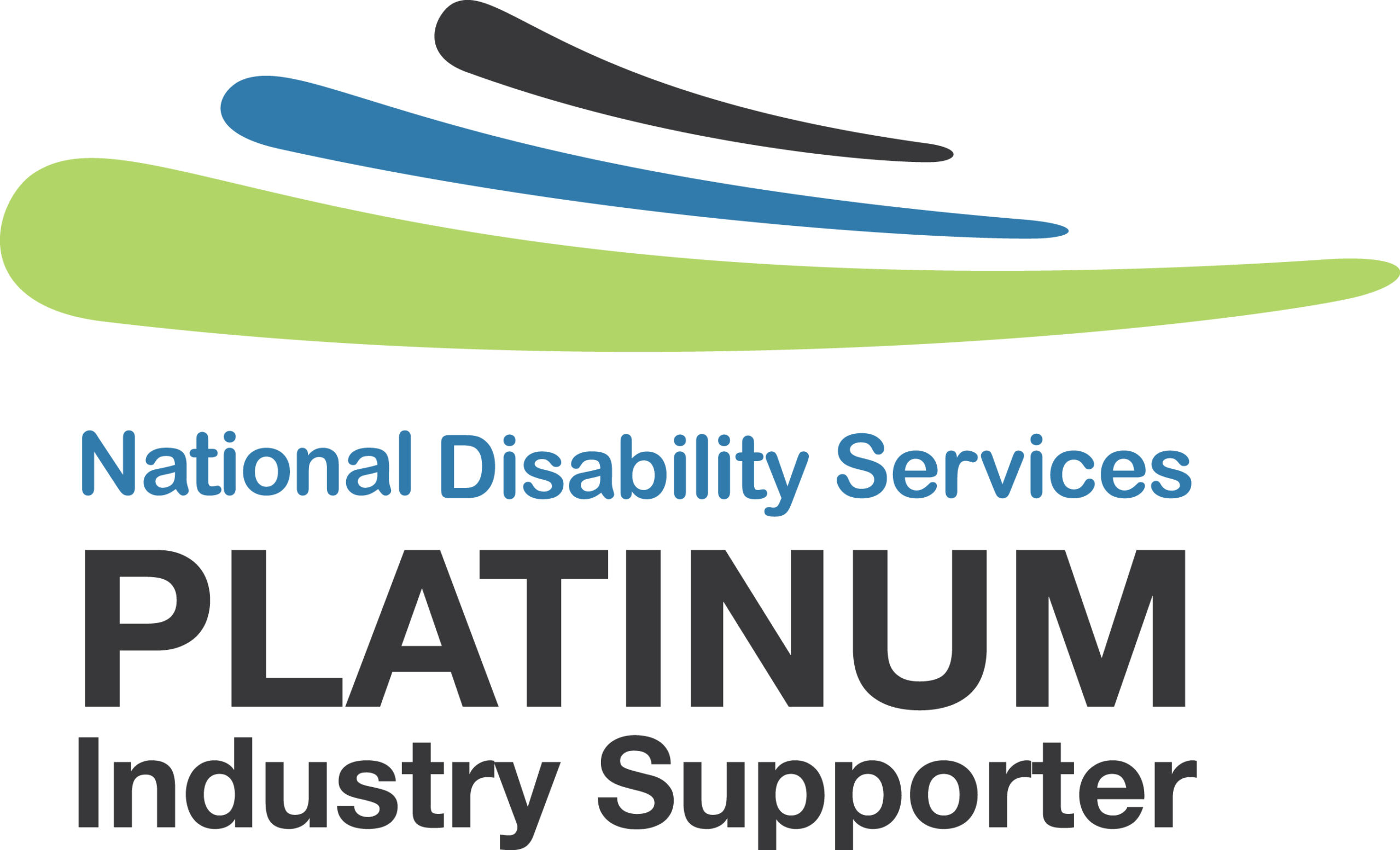Enhanced EOFY Audits with quickclaim
As the End of Financial Year (EOFY) approaches, the pressure to ensure accurate financial oversight and comprehensive audits intensifies. At quickclaim, we understand the stress that comes with NDIS billing, claiming, and the auditing required to reconcile payments. Our goal is to make this process as smooth and efficient as possible for Service Providers. Here’s how quickclaim can help you achieve seamless EOFY audits.
Simplifying Billing for Accurate Audits
One of the key factors that determine the ease and accuracy of EOFY audits is the simplification of billing procedures. quickclaim enables you to reconcile your CRM and finance systems with live NDIS data, giving you complete visibility over every transaction and payment status. This independent verification ensures data integrity beyond what is captured in your finance system’s ledgers and invoices.
By using real-time NDIA API data, quickclaim ensures reliability and consistency with official records. Having service delivery, claim, invoice, payment, and official NDIA data (pricing tables, booking codes, etc.) in one place, quickclaim acts as a single point-of-reference for your entire financial auditing process, eliminating the need to cross-check data across multiple sources.
Benefits of Using quickclaim for EOFY Audits
1. Ensuring Compliance
Simplified billing processes enhance your ability to meet EOFY audit requirements. Clear, concise, and accurate billing records minimise the risk of errors, discrepancies, and potential non-compliance issues. By reducing complexities, quickclaim ensures that all transactions are properly documented, making it easier to adhere to compliance mandates and regulatory standards.
Accurate Documentation: Comprehensive billing records support regulatory compliance and ease the audit process.
Reduced Risk: Minimising discrepancies and errors reduces the risk of audit findings and potential penalties.
2. Strengthening Governance
Effective governance relies on transparency and accountability. Simplified billing processes provide clear and easily traceable financial records, which support robust governance frameworks. This transparency builds trust with stakeholders, including NDIS participants, their families, and regulatory bodies.
Transparency: Clear financial records promote internal and external transparency.
Accountability: Simplified processes ensure accountability in financial activities, reinforcing ethical practices.
3. Improving Efficiencies
Streamlined billing processes significantly enhance operational efficiencies. By reducing the time and resources required to manage complex billing systems, up to 66% in some of our clients’ cases, you can focus more on delivering quality services. Automation and simplification reduce the administrative burden, minimise manual errors, and free up valuable time for strategic tasks.
Resource Allocation: Efficiency gains allow for better allocation of resources towards strategic initiatives.
Error Reduction: Automation reduces the incidence of manual errors, enhancing overall accuracy.
4. Facilitating Complementary Reporting
Simplified billing provides a solid foundation for complementary reporting. Accurate and straightforward billing data enable more effective financial analysis and reporting, supporting better decision-making and strategic planning. Clear billing records also facilitate easier reconciliation and auditing, ensuring that financial statements are accurate and reliable.
Enhanced Analysis: Reliable billing data supports in-depth financial analysis.
Streamlined Reconciliation: Simplified records make reconciliation processes more efficient and accurate.
Conclusion
For CFOs, the EOFY audit is a critical period that requires meticulous attention to detail and robust financial management. quickclaim’s innovative solutions simplify billing processes, enhance compliance, strengthen governance, improve efficiencies, and facilitate complementary reporting. By leveraging quickclaim, CFOs can ensure a smooth and accurate EOFY audit, reinforcing financial stability and strategic success.
























